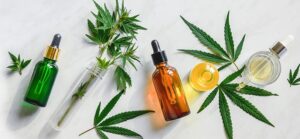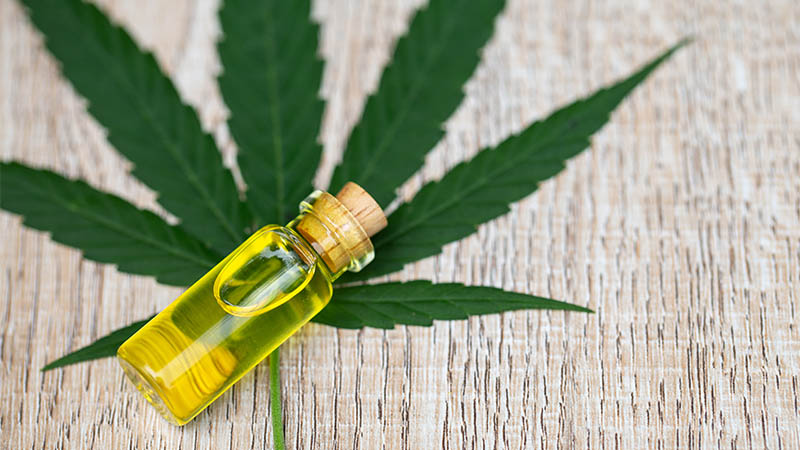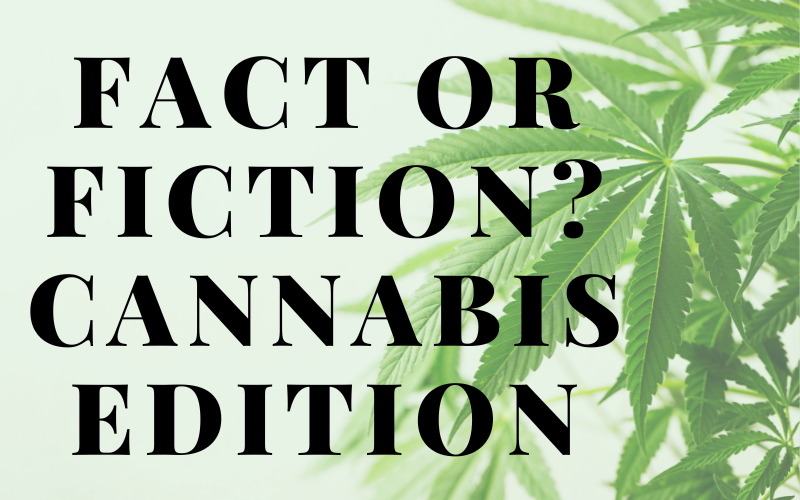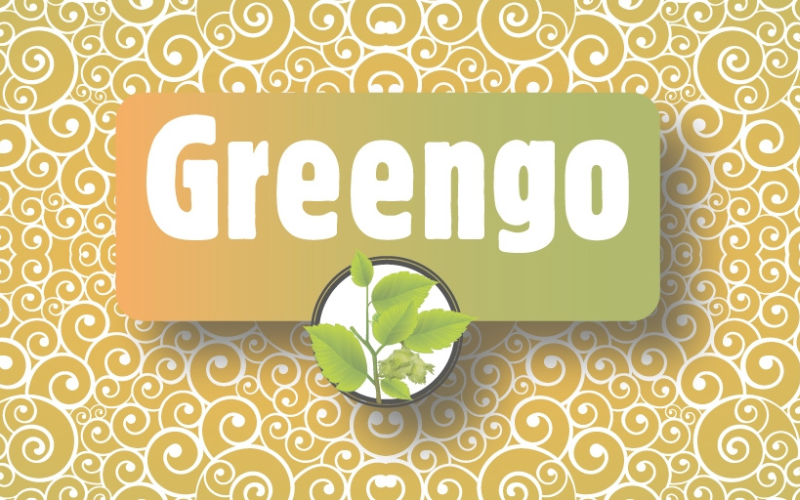There are plenty of compounds in cannabis, two of which are Tetrahydrocannabinol and Cannabidiol, commonly known as THC and CBD. They are the most abundant cannabinoids found in cannabis products.
Although they are similar in certain aspects, they have different effects on the body.
What is THC?
Tetrahydrocannabinol, also known as THC is the main psychoactive compound found in cannabis that is responsible for creating that high sensation. THC binds with the receptors in the brain; it can control feelings, pain, sleep and mood. This high sensation can be achieved in different ways, the most common being smoking but other methods include vapes, edibles, tinctures, topicals, capsules, etc.
What is CBD?
Cannabidiol, also known as CBD is a chemical found in cannabis but does not contain Tetrahydrocannabinol and is not associated with the high sensation that THC provides. CBD intake has been found to help individuals with certain medical conditions and bettering their overall well-being. It is commonly ingested in the form of an oil, but it can also be consumed with capsules, edibles, smoking, topicals, vapes, and more.
THC Benefits
THC does not only provide the user with that high sensation but has been proven to help with mental and health conditions. Insomnia is something that many people suffer with, the use of THC has been found to help with insomnia due to its sedating effects, aiding you to get more rest.
As THC is an appetite stimulant, it can be helpful to those who suffer with appetite loss while easing nausea and vomiting.
THC-infused products increase serotonin levels which can boost ones mood and help with any feelings of depression.
CBD Benefits
CBD can help aid medical conditions including epilepsy and seizure disorders; in 2018, the first CBD-based medicine was approved by the FDA called Epidiolex. For Lennox-Gastrault or Dravet syndrome – two rare forms of epilepsy – doctors prescribe the Epidiolex to treat those who experience seizures caused by those syndromes.
Anxiety is an disorder that roughly one out of every 12 individuals will experience at some point in their life. CBD intake will allow your brain to respond to the serotonin receptors that contribute to the role of reducing anxiety while also boosting ones mood.

THC Side Effects
The use of THC can cause temporary side effects, depending on the strain and levels of THC, the side effects may vary and effect everyone differently. A commonly known side effect is red eyes; the cannabinoid receptors effect the dilation, widening of blood vessels which increases blood flow and causes the eyes to turn red.
Dry mouth, also referred to as “cotton mouth” is another common side effect that comes with THC consumption; caused by the cannabinoids that bind to the part of your brain that controls the production of your saliva.
Some other side effects that a THC consumer may experience are tiredness, confusion, distress, slower reaction time and more.
CBD Side Effects
Although, CBD is often well tolerated, there are still side effects that one can experience with the use of CBD. Drowsiness is something a lot of CBD users experience, although this is one of the benefits of CBD, depending on the dosage, the effects may be too strong making the user overly tired for a longer period of time.
Though CBD can help with nausea and stomach pains, it can also be the cause of an uneasy stomach and feeling nauseous. This can happen if CBD is consumed in large amounts or if it consumed on an empty stomach. You should always consume CBD after a meal.
Other side effects that CBD users have experienced are gastrointestinal issues, fatigue, dizziness, and more.
Conclusion
THC and CBD are derived from the same cannabis plant, but both have distinctive properties that make them different from one another. As discussed, THC provides you with the high sensation while CBD intake does not.
When discovering which option is best suited for you and your lifestyle, consider the desired effects and treatments as both THC and CBD are associated with different benefits and side effects.








Leave A Comment
You must be logged in to post a comment.